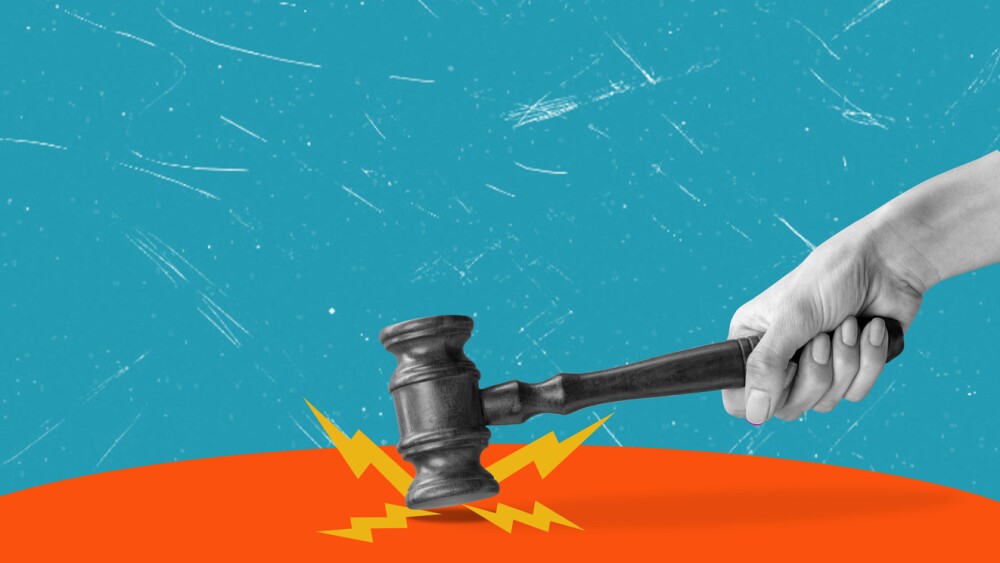There will be a debate Tuesday in the U.S. Supreme Court over whether federal regulations on generic drugs trump Bartlett’s ability to sue for compensation in state court.
Bartlett, 53, is claiming that the basic design of the drug was flawed. Federal guidelines say a maker of generic drugs must preserve the branded design of those drugs.
A federal court jury in New Hampshire awarded Bartlett $21 million and the Boston-based U.S. Court of Appeals for the First Circuit upheld the award. Mutual appealed to the Supreme Court.
Mutual, now owned by Sun Pharmaceutical of India, and its industry supporters say the decision could radically alter the generic drug industry, perhaps denying cheap-but-good medicine to patients. Not so, say defenders of plaintiffs’ rights and a congressional founding father of generic drugs.
To get approval to sell a brand-name drug in the United States, pharmaceutical companies must do clinical testing and divulge the ingredients to the Food and Drug Administration. Generic drugs are essentially copies of the original, but much cheaper.
The U.S. government has encouraged generics use to cut health-care costs, and about 80 percent of prescriptions are now filled with generic drugs.
Mutual was a subsidiary of URL Pharma, which has two locations in Northeast Philadelphia and was bought twice in the last year. Takeda Pharmaceuticals paid $800 million for URL in June 2012 and in November 2012 sold it to Sun for an undisclosed amount. Sun inherited the legal case.
Mutual asked the Supreme Court to overrule the district and appeals court decisions, arguing that FDA rules forbid changing the label or design of a drug being copied as a generic.
In a 5-4 decision, the Supreme Court ruled in 2011 that generic companies cannot be sued on the ground of failure to warn consumers. Bartlett, whose doctor admitted he did not read the label, which had warnings, won on the design argument.
While the FDA sided with the plaintiffs two years ago, it backs Mutual in this case. In a friend-of-the-court brief, U.S. Solicitor General Donald Verrilli, Jr. wrote in part that allowing "ad-hoc" court decisions "second-guessing" the FDA assessments of health risks and benefits of approved drugs would "undermine" the FDA’s regulatory authority, including its power to restrict drug marketing.
Rep. Henry Waxman (D., Calif.), a huge force in the 1984 law that boosted the generic business, joined Sen. Tom Harkin (D.-Iowa) and the consumer group Public Citizen in a brief backing Bartlett.




